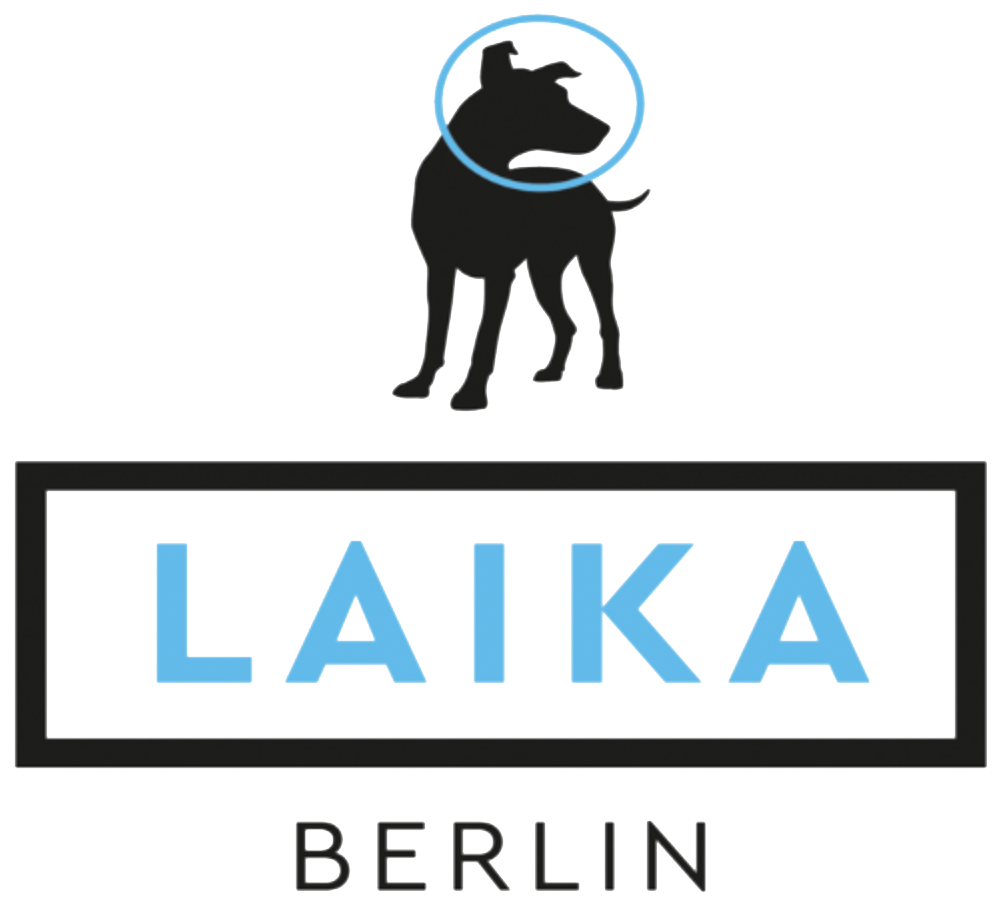THE REAR VIEW MIRROR: But what’s your message?
By David Josephs
It’s over 25 years since I first ran a media training course. Earlier in August, I held a two-day session for a client in Stockholm, and it’s one of the most enjoyable I’ve facilitated in recent times. The client was totally engaged, very honest, and great fun to work with.
As is so often the case with these sessions, the most complex part of the session is focussed on messaging. I would suggest the majority of companies struggle to articulate their positioning clearly.
Is your company communicating consistently?
Consider this: if I was to contact five people in your company today, and ask them this question – how would you describe your company – how consistent do you think the response would be?
When I’m coaching media engagement skills, or general communication skills, I like to ask these questions:
1. How would you describe your company to someone you’ve just met socially?
2. Describe your company to someone who works within your industry
3. Describe your company to a journalist who specialises in your sector
Why consistency matters
You’d be staggered at the inconsistency this typically reveals. Why does this matter? Quite simply, if you cannot project a consistent messaging framework, how is any outsider likely to make sense of you? Every organisation needs a very clear statement of its proposition if it is going to cut through the noise and resonate with potential stakeholders, whether they be colleagues, potential hires, potential investors, journalists and influencers, and last but not least, customers.
And consistent messaging makes external communications much more focussed. If your activity is not enhancing one or more of your key messages, then why are you spending money on it.
Invest in training
In my experience, companies that communicate with clarity tend to be more successful than those that do not. Ultimately, a clear communications strategy suggests excellent corporate focus. And this requires the support of an agency partner which has the experience and the people to listen to you, to contemplate and potentially challenge your existing messaging framework, and to help you develop a set of messages that position you concisely, relevantly, and appropriately.
Once you feel confident that your messaging is relevant and consistent, try it out. Good media training sessions will involve various role play scenarios that will put your messaging to the test and expose any weaknesses. It’s absolutely the professional thing to do.
David Josephs
ABOUT ME: I’ve worked in the PR industry for 30 years, and have advised tech companies of all shapes and sizes ever since. My experience extends across Europe, the US and the Middle East. My posts for Laika aim to share some of those experiences to help you make the most of your investment in PR. I’m proud to serve on Laika’s Board of Advisors, and support the team through training sessions and one to one guidance.


